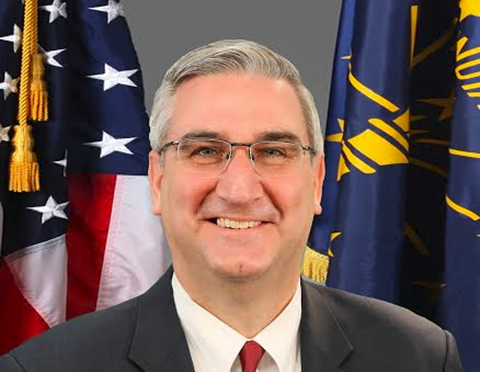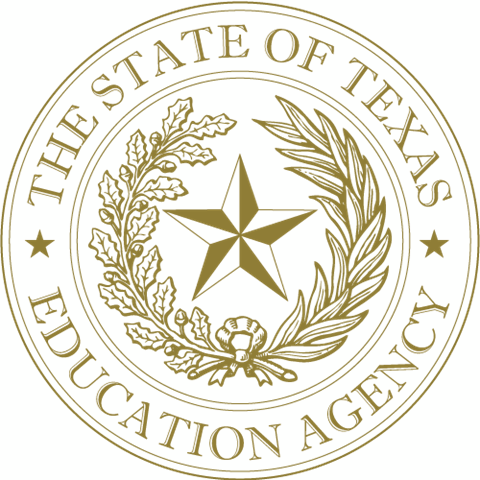Indiana’s K-12 schools won’t face state funding cuts, Holcomb says – By Emma Kate Fittes, Chalkbeat
Indiana school districts will not face state funding cuts next school year, Gov. Eric Holcomb announced Wednesday — an assurance that had seemed unlikely amid steep state revenue shortfalls.
State lawmakers have agreed to move forward with the current budget, including a planned $183 million increase to school funding, Holcomb said during a scheduled video conference.
“We did not want to limit resources as school corporations must prepare and execute a productive and safe learning environment,” said Indiana Office of Management and Budget director Cris Johnston during the announcement.
The news came as a relief for school district leaders who were preparing for cuts and need to take potentially costly coronavirus precautions to open in the fall. But it’s a far cry from what teachers had hoped for when thousands rallied at the statehouse months before the state’s first coronavirus case.

Governor Eric Holcomb
Florida education commissioner: ‘We want schools fully open in the fall' – From News4Jax
Gov. Ron DeSantis on Thursday announced a plan for Florida’s K-12 schools to reopen at full capacity in the fall.
Education Commissioner Richard Corcoran said that’s the recommendation being made to Florida school superintendents.
“The message should be loud and clear what we are saying, with a strong recommendation to our great superintendents that we work with: We want schools fully open in the fall because there is no better way to educate our kids that have that great teacher in front of that child,” Corcoran said. “We’re going to be smart we’re going to be safe."
Along with Thursday’s announcement, DeSantis released a 143-page document that provides a roadmap to return students to on-campus instruction after campuses were closed in response to the COVID-19 pandemic.

Back To School For Real? Texas Officials Say Yes – By Laurel Wamsley, NPR
Will students actually go back to school this fall? In Texas, state officials say yes.
Texas Education Commissioner Mike Morath confirmed Thursday that the state's public schools will open for students to return, if they wish.
"It will be safe for Texas public school students, teachers, and staff to return to school campuses for in-person instruction this fall," the commissioner said in a statement. "But there will also be flexibility for families with health concerns so that their children can be educated remotely, if the parent so chooses."
He did not offer any information on whether students would be required to wear masks and whether there would be social distancing precautions.
"Detailed guidance on what this will look like will be issued by [Texas Education Agency] early next week," Morath said.

Can Bachelor’s Degree Programs at Community Colleges Increase Access? A New Report Says Yes – By Sara Weissman, Diverse Education
Higher education is constantly wringing its hands over how to make college more affordable. A new brief by the think tank New America proposes a tool the authors say more states could be using: four-year degree programs at community colleges.
Today, 23 states authorize community college baccalaureate degrees, starting with Florida in 2001, according to the report. The brief describes, step-by-step, how to begin one of these degree programs, from deciding what subjects to offer to devising funding plans to weathering the approval process.
Offering four-year degrees at community colleges isn’t a “silver bullet,” said co-author Ivy Love, policy analyst with New America’s Center on Education & Skills, but for community colleges and state lawmakers, it can be “one strategy among many to make the bachelor’s degree more accessible to students, especially students who may not pursue a bachelor’s degree otherwise without this opportunity.”
Bachelor’s degree programs at community colleges are less expensive and can attract students who might not otherwise consider a four-year degree. For example, the report highlights that Florida’s average community college baccalaureate student is 31 years old, compared to 22 years old for public universities.












